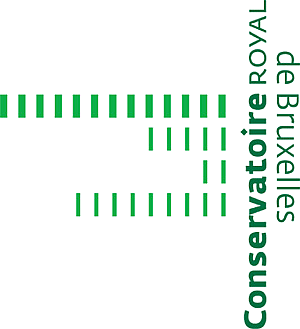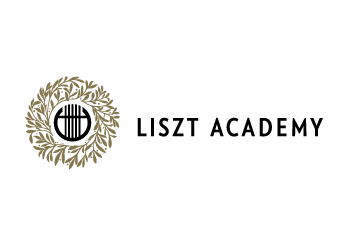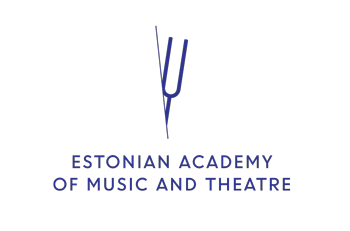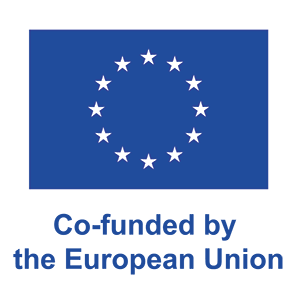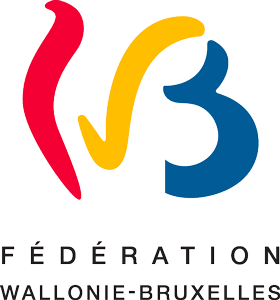Simple integer ratios between frequencies (just intervals) have historically been invoked as the basis of musical harmony. Hugo Riemann’s theory of Tonvorstellung proposes that we mentally ‘represent’ pitches as members of justly tuned triads. Broadening the scope of Riemann’s theory to include more complex interval ratios, James Tenney argues that we understand heard intervals as approximations, within a tolerance range, of referential just intervals. This essay develops the idea of tone representation as an analytical tool for contemporary music. An excerpt from Gyo¨rgy Ligeti’s Melodien (1971) is analyzed as a succession of just intervals pivoting above a shifting fundamental. A close reading of the opening of Ge´rard Grisey’s Vortex Temporum (1994 – 1996) explores tone representations of complex microtonal harmonies, and examines the gap between compositional techniques and aural experience in this ‘spectral’ work.
Be a part of our european project !
This European project (KA 203 Strategic Partnership) created by Salvatore Gioveni promotes cross-border collaboration in the field of Music Theory through sharing knowledge and transferring pedagogical innovation. It thus responds to a lack of centralised source and framework to deepen reflection by means of cross-disciplinary study at European and international level.
There is a significant wealth of educational practices from one country to another in this sector, especially in terms of harmonic musical notation and analysis. However, HMEI's are facing the nonexistence of a European network for pedagogical staff in Music Theory so far. To improve the situation, the project will among other things develop several intellectual outputs such as Online Platform (IO 1), an EU Bibliography (IO 2), a Repository Courses (IO 3), a Multilingual Glossary (IO 4) and an Exchange Online Learning Platform.
Besides the Conservatoire royal de Bruxelles as leader and manager of the project, the following partner institutions are involved: Music Academy S. Moniuszki Gdańsk (Gdańsk, Poland), F. Liszt Academy of Music Budapest (Budapest, Hungary), Estonian Academy for Music and Theatre (Tallinn, Estonia), HfMTh "Felix Mendelssohn Bartholdy" (Leipzig, Germany).
 | 2025
| 2025
